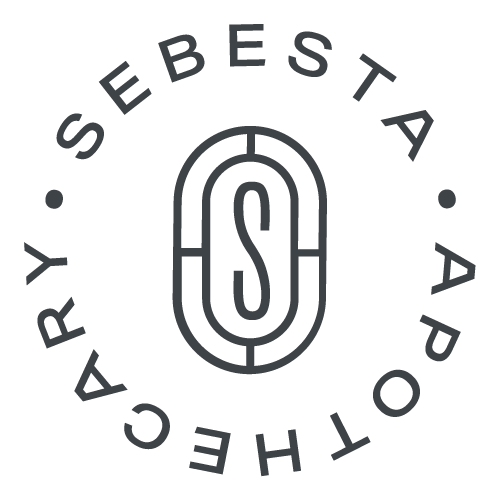
Is lye based soap safe?
Share
“Is lye-based soap safe?” As soap makers, we get this question a lot! While the short answer is “YES,” there is a lot more that goes into that answer.
Soap has been around for thousands of years. While the actual process hasn’t changed much, there have been many advancements over the years. Commercially available ingredients and more knowledge about the science behind the process result in a more reliable product.
Historically, the soap making process was very manual. For example some soap makers would render fat from animals and combine it with lye water created by boiling ashes. The recipes and the methods used to confirm the finished soap was safe for use were… well, unscientific at best! While these soaps were generally safe to use, they often resulted in soaps that were pretty drying and not always pleasant to use on your body.
So, is lye-based soap safe? Yes, especially these days!
Let’s start with a scientific definition of ‘soap’:
Grab your lab coats and safety goggles, this is going to get a bit science-y! Soap is technically a salt created by combining triglycerides and alkali.
Combining triglycerides and alkali results in a chemical process called Saponification. This process happens on a molecular level resulting in sodium chloride, or salt, and a byproduct which is glycerin. Different types of soap-making use a different alkali, so just to be clear, here we will be talking about the process for bar soap.
Here is a breakdown of the process using varying levels of complexity for soap:

Whew, ok Let’s drop the technical lingo now and talk about how soap is indeed safe!
Soap recipes are created to ensure safety. They include very specific measurements and the amount of lye is set to ensure that each molecule has fat to combine with and neutralize. Soap makers will often also use a process to further reduce the risk of dangerous errors by adding excess fat, in a process called Superfatting. Because each lye molecule pairs with a fat, the process of Superfatting ensures all of the lye molecules are neutralized even if there are slight discrepancies in measurements during the soap-making process.
Here at Sebesta Apothecary, we have a wide range of recipes that we use, our favorites are Body Bar Soap and Olive Oil Soap. All are 100% safe to use, gentle on skin, and moisturizing. All recipes we use include a level of superfatting and are made using precise measurements and a reliable process.
Can you have soap without lye?
Nope! Remember soap is defined by the chemical reaction of specific ingredients. Lye is a required ingredient to make soap, even liquid soap. No lye means it is not soap.
You might see some products and articles on the internet that talk about ‘Soap Without Lye’ - this is a bit misleading. They are usually talking about ‘How to Make Soap Without Lye’, which is a soap-making process called melt and pour. The process is done by purchasing a block of pre-made soap, melting it down, and adding colors, scents, and other additives to create a custom product. In this case, while the maker isn’t working with the lye, the soap block they purchased was made with lye.
It can also get a bit confusing with some commercially produced bath and body products that look like soap. For example, a Dove Beauty Bar is not soap and cannot even use the word in product descriptions or packaging - Go ahead, check! These are usually detergents which are chemically processed surfactants (a chemical that makes bubbles) that create a soap-like bubble and cleansing action.
Want to learn more?
Join us for a soap-making workshop! We enjoy sharing our knowledge and experience of soap making with you so you can safely and confidently make your own soaps.
